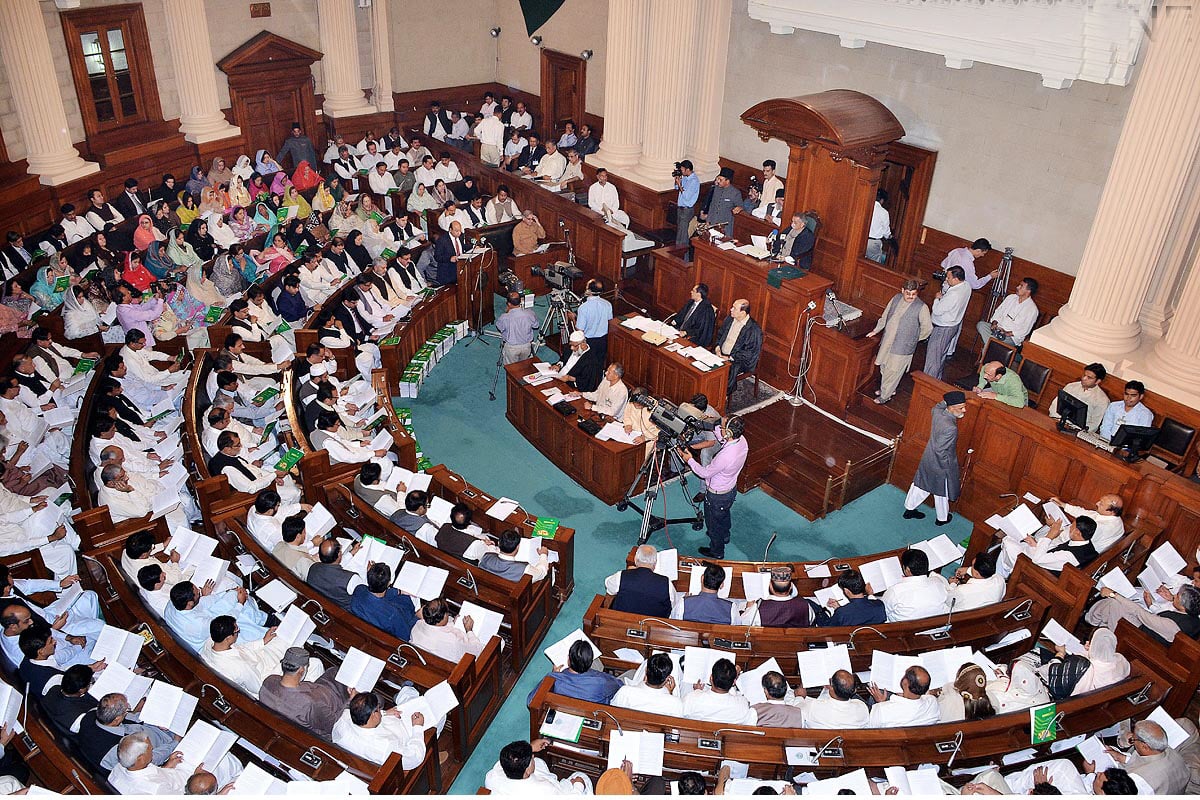
LAHORE:
A special Punjab Assembly committee presented its final report on a new local government law in the house on Monday. The 12-members committee’s four opposition members did not endorse the report and made various dissenting points.
The assembly session began at 4.45pm with Speaker Rana Iqbal Khan in the chair. Local Government Minister Rana Sanaullah Khan said that the opposition should move amendments to the Punjab Local Government Bill of 2013 on Tuesday when the session resumes in the morning, as the government aimed to get the house to start the passage of the bill on Wednesday.
The PA committee’s draft of the bill proposed breaking down local governments into union councils (UCs), called village councils in rural areas and city councils in urban areas, except in small towns ruled by municipal corporations, which shall be subdivided into wards.
A UC shall consist of one or more revenue estates or one or more census villages or, in the case of an urban area, a census block or blocks as delimited in the last census or a census block and a revenue estate notified as such by the government. The area of a UC shall be a contiguous territory not overlapping with urban local governments. The population of UCs shall be uniform.
Each UC shall consist of a directly-elected chairman and vice chairman, as joint candidates, six general members, and five members elected to reserved seats: two women elected to reserved seats, a peasant member in a village council and worker member in a city council, a youth member (aged 21 to 25), and a non-Muslim member in UCs with at least 200 registered non-Muslim voters.
Each district except Lahore will have a district council consisting of the chairmen of all the village councils in the district, as well as members elected indirectly to reserved seats by chairmen, vice chairmen and members. These would include no more than 15 women (the number would be based on the number of village councils), no more than three peasant members, a technocrat (defined as the holder of a degree recognised by the Higher Education Commission and requiring at least sixteen years of education, as well as having five years of experience in the relevant field), a youth member, and no more than five non-Muslim members.
Local governments in urban areas will be in the form of a metropolitan corporation (in Lahore alone), a municipal corporation (in cities with a population of over 500,000) and municipal committees (in urban areas with a population of over 30,000). The government may, by notification in the official gazette, specify the number of directly and indirectly elected members in municipal committees and corporations.
The metropolitan corporation shall consist of the chairmen of all the city councils in Lahore and shall include 25 women, five workers, three technocrats, two youths and 10 non-Muslims to elected indirectly to reserved seats by city council chairmen, vice chairmen and members.
Each municipal corporation shall consist of the UC chairmen and several members elected to reserved seats, including no more than 15 women, two workers, two technocrats, a youth and no more than three non-Muslims.
Each municipal committee shall include members elected directly from wards and several members on reserved seats. Wards, as far as possible, shall consist of a part of a census block, a census block or adjoining census blocks. The population of wards within a municipal committee shall be uniform.
The metropolitan corporation, municipal corporations and district councils may devolve one or more of their functions to the UCs for improved service delivery. The UC shall be bound by the directions and may receive technical or fiscal support from the upper tier. A local government may also assign any of its functions to a public or private organisation.
The district council chairman will be the executive head of the council. The chief officer, to be appointed by the provincial government, will work under the chairman. Chief officers will be responsible for coordination, human resource management, public relations, legal affairs and emergency services. They must supervise and coordinate all district council offices responsible for the provision of municipal services; prepare a report on the planning and implementation of development plans of the local government for presentation to the house of the local government in its annual budget session; ensure that the business of the local government is carried out in accordance with the law; ensure implementation of environmental and social safeguards; effect procurements; and take action against violators of the local government law.
Each village council must set up a panchayat and each city council an arbitration council (musalihat anjuman) for dispute settlement. Each municipal committee must set up an arbitration council for a ward or a group of wards. The panchayats and arbitration councils must have nine members each including two women, all nominated by the local government.
Local Government Board
The committee’s draft includes a new chapter setting up the Punjab Local Government Board, which would deal with service matters of bureaucrats in the local government service cadre, which is yet to be set up. It will also set up and operate a pension fund for the benefit of its employees.
The board will have three to five members, to be appointed by the provincial government, and be chaired by the local government secretary. Each local government shall contribute to the board’s budget an amount fixed by the provincial government.
Opp points
The opposition members of the committee, in their dissenting note, called for the abolition of the Punjab Local Government Commission, elections on a party basis, and the establishment of a commission in each district to deal with law and order issues.
They also criticised the proposed district health and education authorities operating outside of local government control and called for the devolution of all provincial departments. They said that the law would allow the Punjab government to change the budgets of local governments.
The session will resume on Tuesday morning.
Published in The Express Tribune, August 20th, 2013.
COMMENTS (2)
Comments are moderated and generally will be posted if they are on-topic and not abusive.
For more information, please see our Comments FAQ






































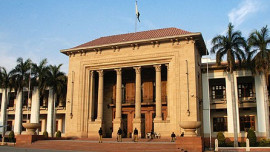
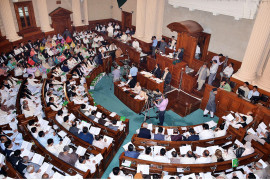


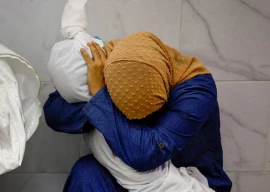

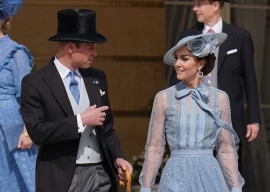
















Dear, present local govt bill which was made by pmln govt iz not local govt system. all the powers will be controal through beorucartes by shahbaz sharif.local govt system of mushraf iz better than pmln system.all political parties are not willing to deliver the powers from center to local govt system.
Here in USA the mayor of a town wields total control of all administrative departments including police.Nobody interferes with him,neither the Governer of state nor the President of USA.He answers only to his electorate.Shahbaz Sharif will not deliver but insist on concentrating all power in his person.